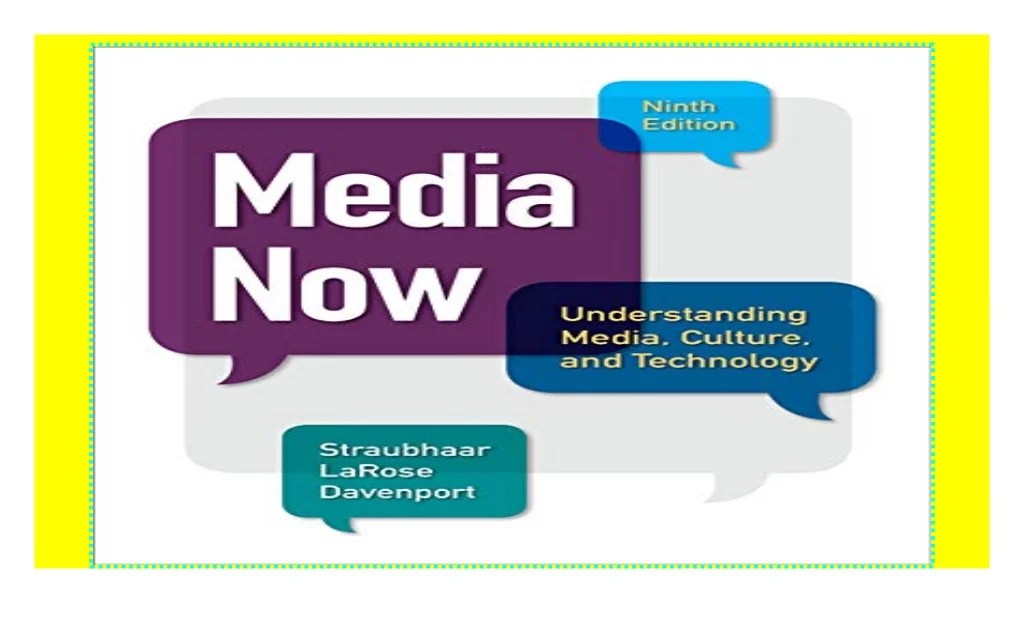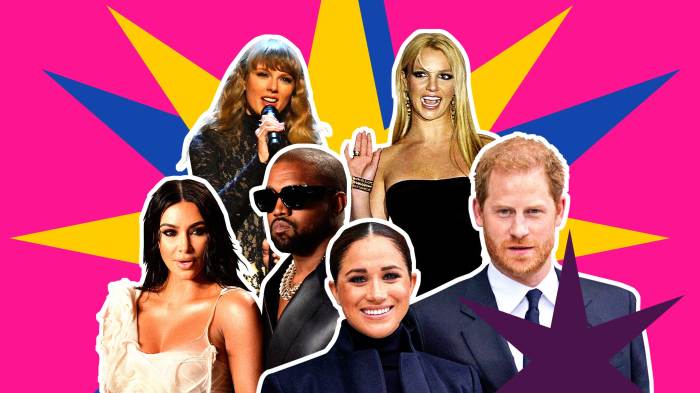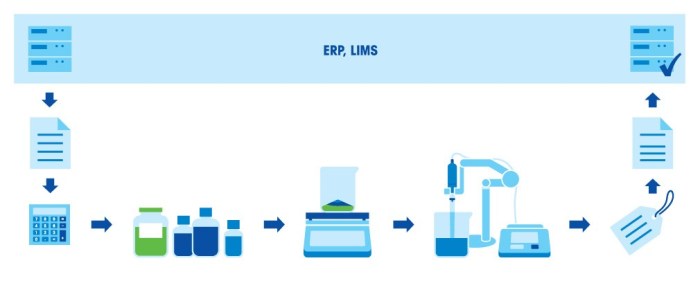Understanding media and culture in the 2020s presents a multifaceted landscape shaped by technological advancements and evolving societal norms. From the pervasive influence of social media to the challenges of media literacy, this era demands a nuanced understanding of how media consumption, creation, and distribution impact our lives.
This exploration delves into the transformative effects of digital media, examines the role of social media in shaping cultural norms, and analyzes the evolution of news media in the digital age. It also considers the potential impact of emerging technologies and explores the future of media and culture in shaping society.
Understanding Media and Culture in the 2020s

The 2020s have witnessed a paradigm shift in the media landscape, driven by the proliferation of digital technologies and the rise of social media. This transformation has profoundly impacted the way we consume, engage with, and create media.
Digital Media Consumption in the 2020s
The advent of smartphones, social media platforms, and streaming services has revolutionized media consumption. Mobile devices have become ubiquitous, enabling users to access media content anywhere, anytime. Social media has emerged as a primary source of news and information for many, blurring the lines between traditional media and user-generated content.
Streaming services have transformed the entertainment industry, providing access to vast libraries of movies, TV shows, and music.
Media Literacy in the Age of Information Overload
The proliferation of digital media has created an environment of constant information bombardment, making it crucial for individuals to develop media literacy skills. This involves the ability to evaluate the credibility and reliability of information sources, navigate the complexities of online platforms, and engage critically with media content.
Education and critical thinking play a pivotal role in fostering media literacy.
The Evolution of News Media
The rise of online news has disrupted traditional media outlets, leading to a decline in print readership and broadcast viewership. Digital platforms have provided new opportunities for independent journalism and alternative news sources, but have also raised concerns about the spread of misinformation and the erosion of journalistic standards.
Innovative news formats, such as interactive documentaries and data visualizations, are emerging to meet the evolving needs of audiences.
The Influence of Social Media on Culture
Social media has become an integral part of modern culture, shaping norms, values, and trends. It has fostered diversity and inclusivity by providing platforms for marginalized voices, but it has also raised concerns about the spread of hate speech, cyberbullying, and filter bubbles.
The role of social media in influencing cultural identity, political discourse, and consumer behavior is a subject of ongoing debate.
The Future of Media and Culture, Understanding media and culture in the 2020s
The future of media and culture is inextricably linked to the development of emerging technologies, such as artificial intelligence (AI) and virtual reality (VR). AI-powered algorithms will continue to personalize media experiences, while VR and augmented reality (AR) will create immersive and interactive media environments.
These technological advancements will challenge traditional notions of media creation, distribution, and consumption, and will have profound implications for society and culture in the years to come.
FAQ Resource: Understanding Media And Culture In The 2020s
How has social media influenced cultural trends?
Social media platforms have become influential drivers of cultural norms, values, and trends. They facilitate the dissemination of ideas, foster online communities, and shape perceptions of beauty, success, and social status.
What are the challenges of media literacy in the age of information overload?
Navigating the constant bombardment of information requires critical thinking skills to evaluate the credibility and reliability of sources. Media literacy education is crucial to empower individuals to discern fact from fiction, identify biases, and make informed decisions.

